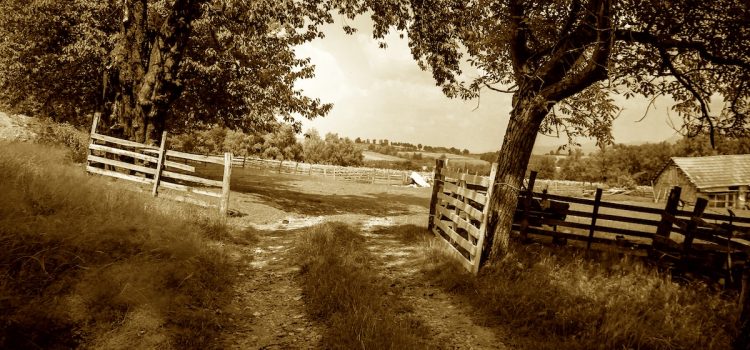

This article is an excerpt from the Shortform book guide to "His Very Best" by Jonathan Alter. Shortform has the world's best summaries and analyses of books you should be reading.
Like this article? Sign up for a free trial here.
What were Jimmy Carter’s parents like? Why did he speak with an African-American accent as a child?
Jimmy Carter made it to the White House—a far cry from where he began. In the book His Very Best, biographer Jonathan Alter paints a vivid picture of Carter’s formative years that set the stage for an extraordinary life.
Keep reading to learn about Jimmy Carter’s early life and how it shaped him.
Jimmy Carter’s Early Life
Jimmy Carter’s early life reflects one of the most humble beginnings of any modern US president. His rural background and strict upbringing planted the seeds of discipline, honesty, and compassion for others that would grow to define him later in life. Alter describes Carter’s early life in a world much different from today’s while detailing how the values of Carter’s parents and those of the US Navy, where Carter served, shaped his outlook and personality.
James Earl Carter was born in 1924 in the town of Plains, Georgia, where there was no electricity or running water in his family’s home. Young Carter grew up working shoulder-to-shoulder with the African-American laborers his father employed on their farm. It was a time of strict racial segregation, yet, during the early years of his life, Carter’s family were the only white people he knew. When he started school, Carter’s white classmates mocked him for speaking with an African-American accent.
(Shortform note: Plains, in Georgia’s southwestern quarter, was founded in 1827 on land taken from the Muskogee (Creek) Nation but wasn’t incorporated until 1896. Its population has barely grown since Carter’s childhood, with only 573 residents as of the 2020 US Census. Though predominantly agricultural, Plains’ chief source of income today is tourism centered around the Jimmy Carter National Historical Park, which covers the old Carter family farm, the high school he attended, and the railway station from which Carter launched his presidential campaign. Plains’s population declined sharply between the censuses in 2010 and 2020, and its current demographic makeup is majority African-American.)
Carter’s father, James Sr., was a strict taskmaster who had perfectionist standards and never gave praise. Alter says that, from his father, Carter learned the values of discipline, hard work, and truthfulness, while, from his mother, he learned compassion. In the American South of the 1920s and ’30s, Lillian Carter was much more progressive on racial issues than her peers. As a nurse, she provided health care for the Carters’ Black neighbors, often without asking for anything in return. Carter would carry his mother’s legacy of concern for the health and well-being of the underprivileged into his political career and beyond.
(Shortform note: Carter’s mother’s efforts to provide healthcare and nursing services to people in poverty are commemorated today by the Lillian Carter Center for Global Health and Social Responsibility, part of Emory University’s Woodruff School of Nursing. The Lillian Carter Center’s mission is to bring a global perspective to the training of medical students and thereby improve the medical care available to those in need all over the world. The Lillian Carter Center has been praised for creating productive partnerships with medical communities abroad and has participated in studies to improve medical data management and collection.)
As Carter grew up and set his sights beyond Georgia, he aspired to become an officer in the US Navy. In 1943, during World War II, Carter was accepted to the Naval Academy in Annapolis, Maryland.

———End of Preview———
Like what you just read? Read the rest of the world's best book summary and analysis of Jonathan Alter's "His Very Best" at Shortform.
Here's what you'll find in our full His Very Best summary:
- A fresh perspective on Jimmy Carter's time as president
- How Carter's early life shaped his political career
- The long-term effects of what Carter accomplished while president






